Ask Them – Giulia Tracogna: menstruations, inclusivity and taboos.
By yourbestperiod /
Ask Them is our new series of articles, created to give space and voice to people who can help us broaden our views on some specific topics. Here you’ll find some more “technical” information, but also personal experiences and opinions.
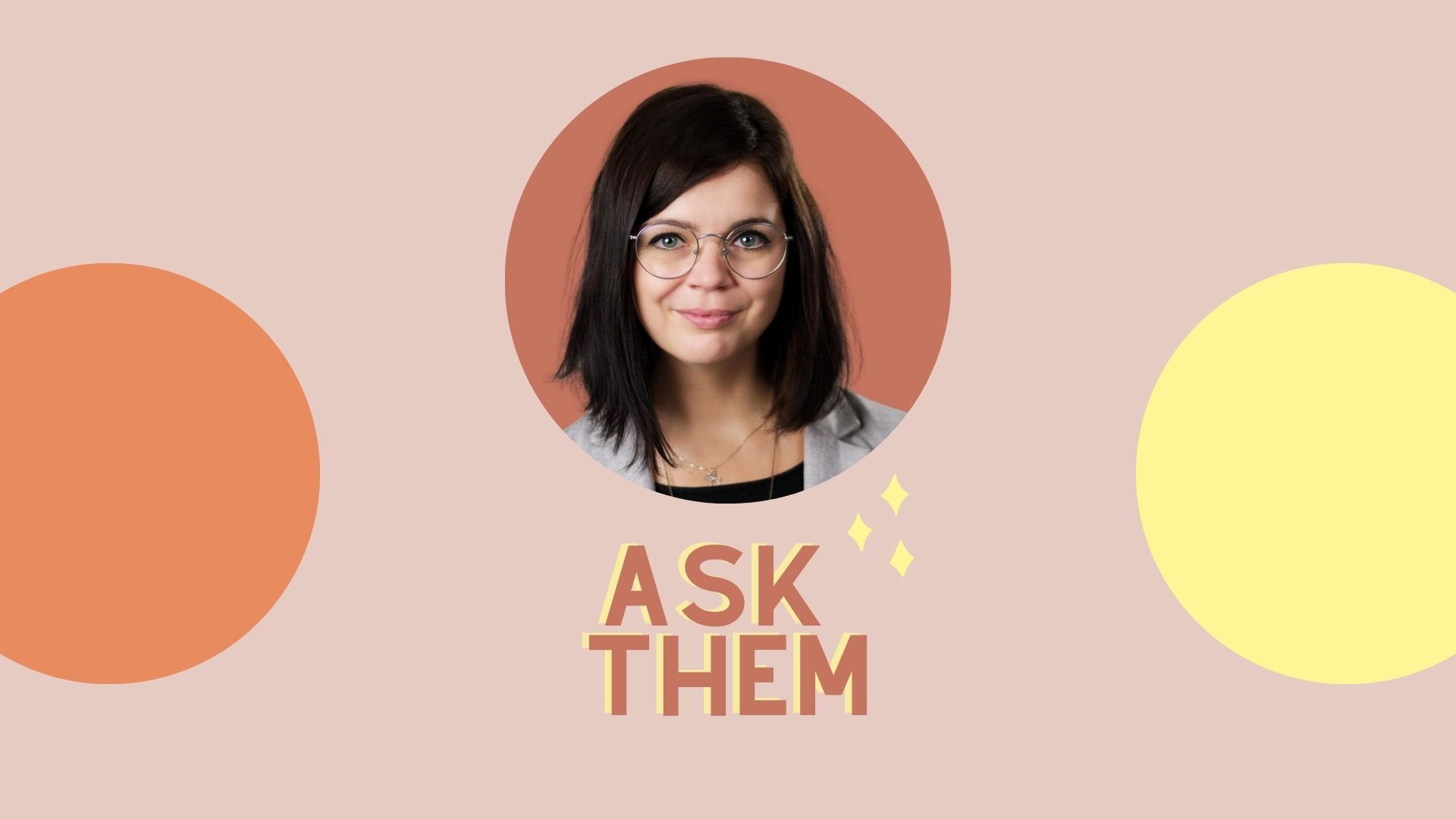
The first article is an interview with Giulia Tracogna, an LGBTQIA+ clinical psychologist, sex counselor, educator and intersectional transfeminist. We talked about menstruations, about the stigma surrounding this topic and how to fight it, as well as inclusivity for trans* and non-binary people. Let’s start!
Hi Giulia! Tell us about you and what you do!
Hi! I’m a clinical psychologist, sex counselor and educator; I’m currently studying to become a clinical sexologist.
I work both privately in the clinical field, as well as a counselor in different residential care facilities for people with cognitive disabilities, autistic people or people with behaviour disorders.
I also do my best to share knowledge, both online and offline, through my Instagram profile and the association I founded with a few coworkers, Associazione Asterisco.
In your Instagram bio you call yourself “intersectional transfeminist”: can you explain what it means to you?
Being an intersectional transfeminist psychologist means fighting for everyone’s equality, recognising and deconstructing the social dominance dynamics that affect minority groups. It also means encouraging a new approach, open to complexities, diversity and respect for everyone.
I’m truly convinced that psychology as a profession is a political act, because your authority gives you a strong social position, enabling you to really influence the conversation. That’s why I wanted to explicitly express my position.
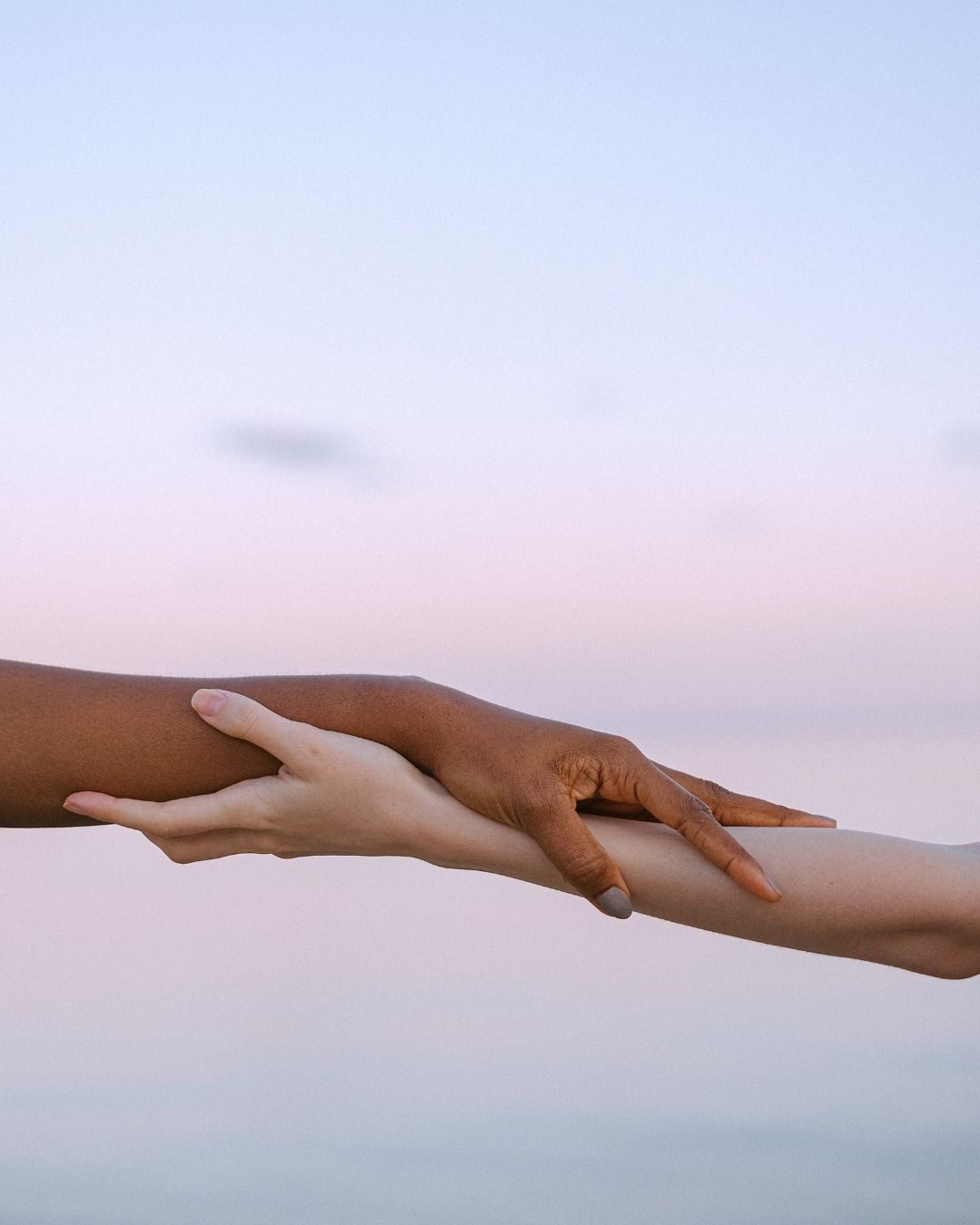
On your Instagram account you sometimes talk about menstruations as well: considering your professional experience, do you think there’s a stigma around this topic?
Unfortunately yes, there’s still a lot of stigma towards menstruations.
We can see that when people talk about this topic with shame and disgust, and we can also recognise it from the language that is commonly used, made of figures of speech, nicknames, but also from a lot of bad representation in the media (like the infamous “blue liquid” wee see on commercials).
Research in psychology confirms the presence of this stigma. For example an experiment conducted by Roberts et al. (2002) describes how people with menstruations are objectified, avoided and perceived as less enjoyable and less competent.
These behaviours are enacted regardless of gender (there were men and women in this study), and this tells us that also people with menstruations have internalized this stigma.
This is just an example that confirms the presence of a strong stigma toward menstruations, but there are many more.
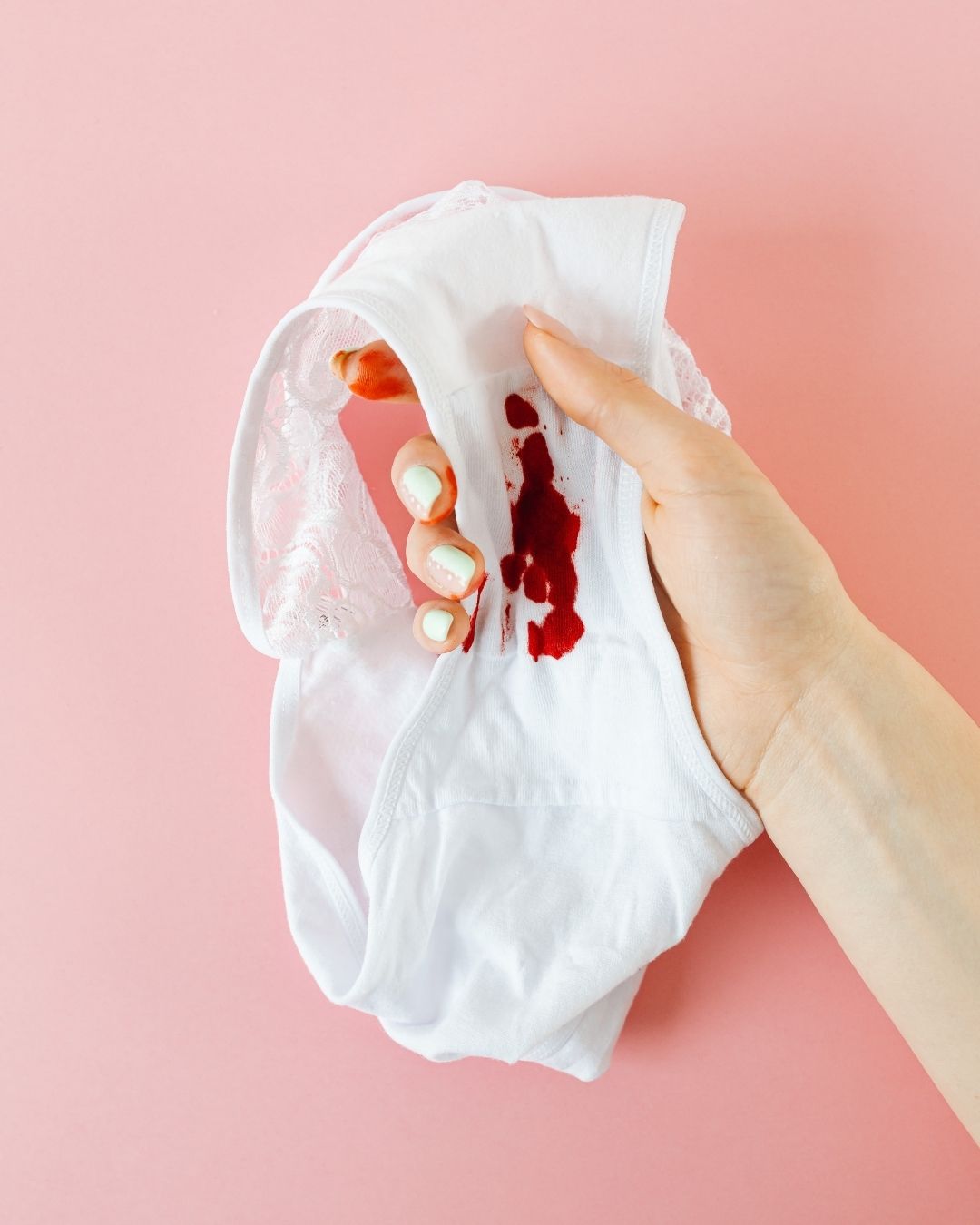
It’s crazy how today, even if there seems to be a more positive attitude on various subjects, it’s still so hard to discuss a matter that affects billions of people. Where does this stigma originate from, and how can we fight it?
The idea of womanhood, historically, regarded the link between femininity and nature as a proof of inferiority. This misconception stems from philosophical and religious fields that for a long time emphasized “mind” and “soul” as the main characteristics that elevate humans above animals.
In this representation, women (unlike men) were seen as ruled by their bodies and their emotions, and for this reason more distant from what was considered more “elevated”, like gods, and closer to animals.

There is much evidence, in
anthropology, that menstruations
in history were feared,
considered disgusting and liable
to taboos and concealment.
Towards the end of the 18th century a new representation began to spread, in which women were required – to rise from their bestiality – to present themselves as ethereal, calm, clean and pure. This new possibility was perceived as better than the previous ones, and soon took over.
To raise their condition from “bestial” to “pure”, the female body could no longer be a body, because it was considered “dirty”. All the physiological and natural aspects of the female body, including the sexual impulses, were hidden in shame and, if exposed publicly, they caused disgust in people.
In that period a specific gender prescription (today very deep-rooted) became prevalent. The female body must be thin, young, white, smooth (with no wrinkles or hair), free of physiological needs, free of desires. The female body must be perfect and under control – for example through constricting aesthetic practices – and dedicated to satisfying (as an object) male pleasures and needs.
In this representation menstruations lead back to the reality of corporeality, and they generate disgust and shame.
This prejudice has survived cultural progress and the development of modern medicine. According to a prevailing cultural representation, women were completely influenced by their ovaries.
Although contemporary medicine no longer adheres to such false beliefs, anthropologists still find evidence that people who are menstruating are sometimes seen as “contaminated”.
We can see how, again, non-binary and trans identities are far from being considered. This is due to the rooted essentialism of our culture: the (strictly binary) sex assigned at birth corresponds to biological sex, and must correspond to gender identity.
Nowadays we know reality is much more complex than this, but culturally and psychologically speaking, it is really hard to disengage from this vision.
The first step to fight this stigma is awareness. Knowing that stigma exists and that it has negative effects allows us to think about effective solutions to counter it.
In my opinion, education and communication play a fundamental role. We should start talking about menstruation without fear, reinforcing the message that it’s a natural physiological part of some people’s lives. Not necessarily women.
As you mentioned earlier, when it comes to menstruation, trans* and non-binary people are usually excluded from regular conversations: what kind of consequences can this exlusion and denial have, on a psychological level?
The systematic exclusion of trans and non-binary people from the discourse on menstruation contributes to discrimination, through the invisibilisation of anyone who is not a “biological woman”. The negative effects of these narratives emerge both on an individual and a social level.
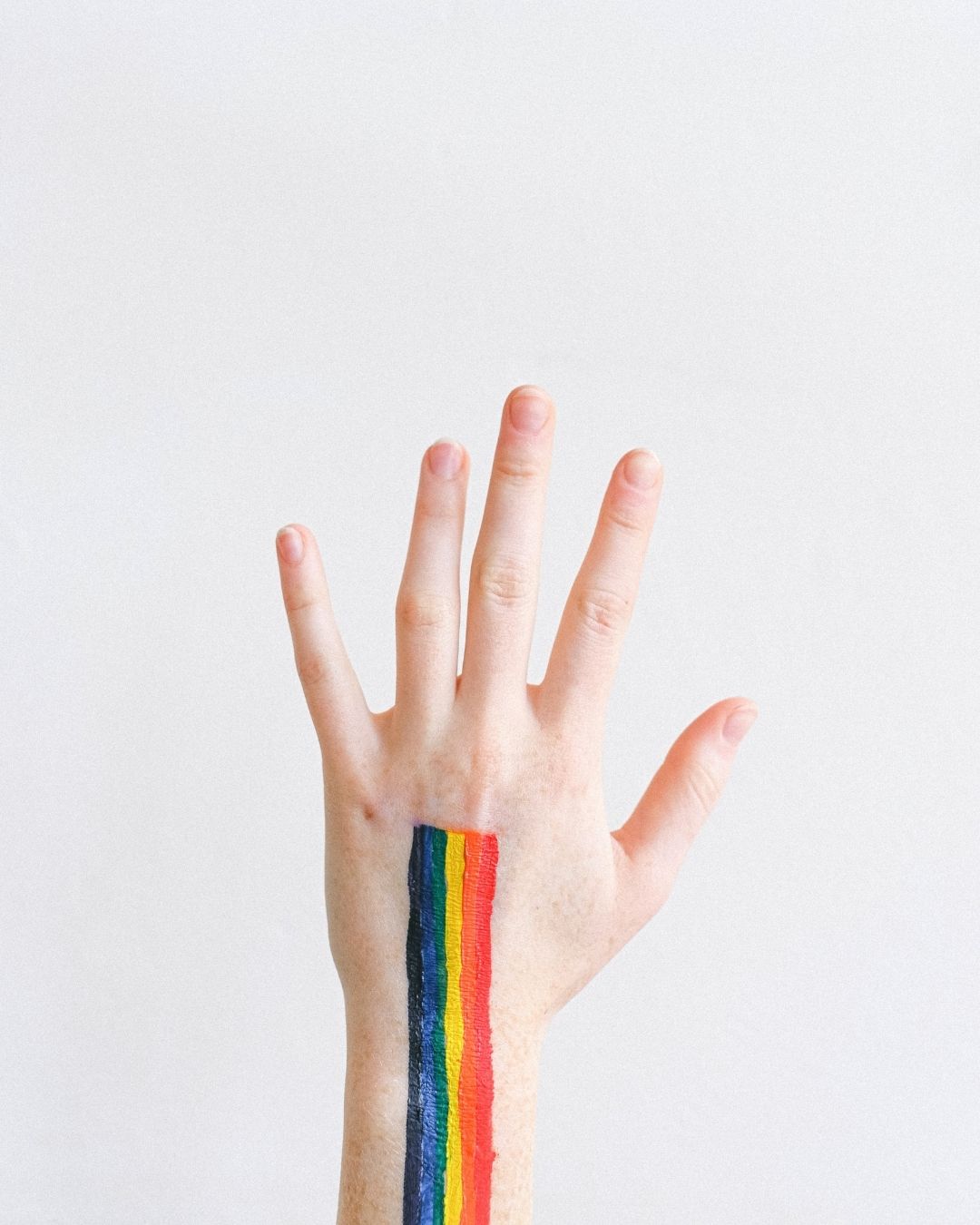
Trans and non-binary
people suffer a double
injustice
Trans and non-binary people suffer a double injustice: on one hand, society doesn’t recognize them and therefore doesn’t consider their needs; on the other hand they are discriminated as the strong linkbetween menstruation and sex assigned at birth, can lead to an invalidation of gender identity. Basically, if you are menstruating, you must be “naturally” a woman.
All of this aspects are attributable to stigmatizazion, which can have a severe impact on the psychological well-being of a person, and can lead to self-depreciation, reduced self-esteem, anxiety, depression and other psychological disorders, up to suicide.
It’s an unimaginable situation for many people, and we believe that there are not enough places where these people can feel welcomed, listened and protected. Can you tell us 3 things you would say to a trans* or non-binary person whenever they feel left out of the menstruation-related conversation?
First of all, to protect their psychological well-being, for example by finding safe spaces (both online and offline) in which they can feel represented and included, or by seeking support in their social network.
Then I’d suggest to avoid – as much as possible – exposing themselves to discriminatory and invisibilizing narratives.
Finally, only if one actually has the possibility, the resources and the will to do so, to give voice to their exclusion.
However, it is really important to remind ourselves that the responsibility for social change shouldn’t be left to the same single people who are marginalized. Institutions have a strong social responsibility in this sense.
It’s true, responsibilities have to be shared among every person involved, especially those who have more privileges and possibilities. Speaking of this, surely there are actions that “allies” can do to be inclusive towards trans* and non-binary people: can you suggest 3?
The first thing to do is to actively listen, leaving our own perspective and individuality in the background and sincerely trying to understand that other people’s experiences are different from ours.
Belonging to social groups different from ours, in fact, can have a significant impact on our own environment, views, and psychological characteristics.
Sometimes this listening process is hard, and can make us feel guilty, accused, responsible, etc. Another tip is to use this feeling to better understand what the other person is telling us, trying to put aside our need to defend ourselves.
For example, if someone points out that we said something offensive, instead of justifying ourselves and minimizing what happened, we can apologize and assure them that we will pay more attention in the future.
We all live in a world where it seems “natural” that menstruation has everything to do with the female biological identity, and we don’t always immediately realize that this kind of narrative is excluding someone. Getting out of established norms requires motivation and energy, it’s an active and continuous process that can sometimes be tiring.
If we happen to make a mistake – and we probably will – we can just acknowledge it, do something to correct it, and move on.
Finally, if it’s possible, we can take an active and constructive critical position towards narratives that are exclusionary, pointing out their problematic nature, and proposing more inclusive solutions.
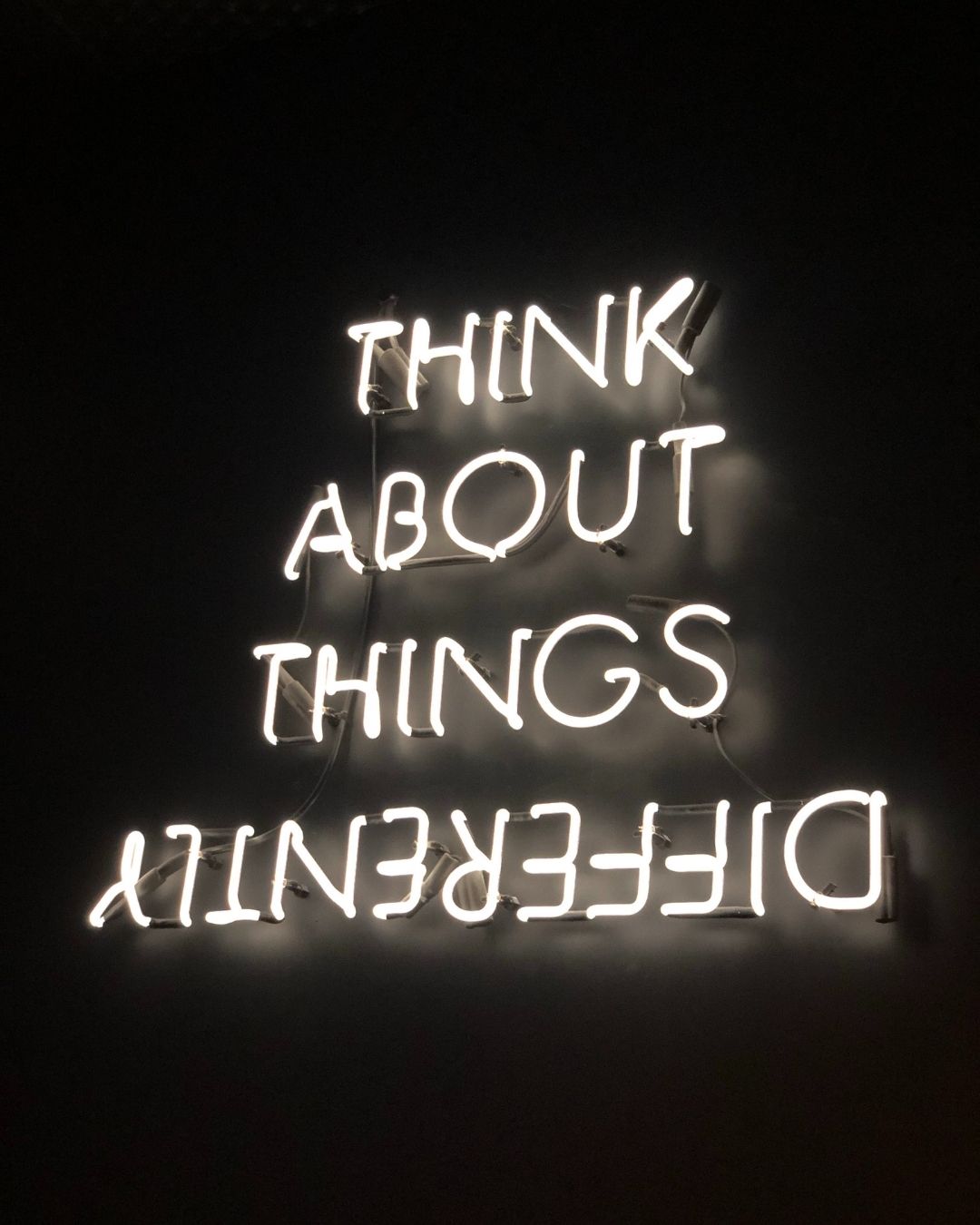
Your answers have been truly exhaustive and we believe they can be of great help in better understanding this issue. Is there one last thing you would like to add about the relationship that people have with menstruation and how they’re viewed as a topic?
I would like to reiterate the fundamental role of education. Sexual education (SRE) – surely the most indicated subject for discussing menstruation – is not yet mandatory in Italy, despite clear evidence of its effectiveness on this matter.
Social outreach is making it easier for people to access educational information on this issue, but it can’t reach everyone. The risk is that leaving education to the internet and social media alone the gap between those who can/are able/want to access it and those who don’t will get bigger, increasing social disparity.
We can’t leave this responsibility to families, either, as they’re often not sufficiently informed on certain issues, thus risking reiterating taboos, misinformation, false myths and prejudices.
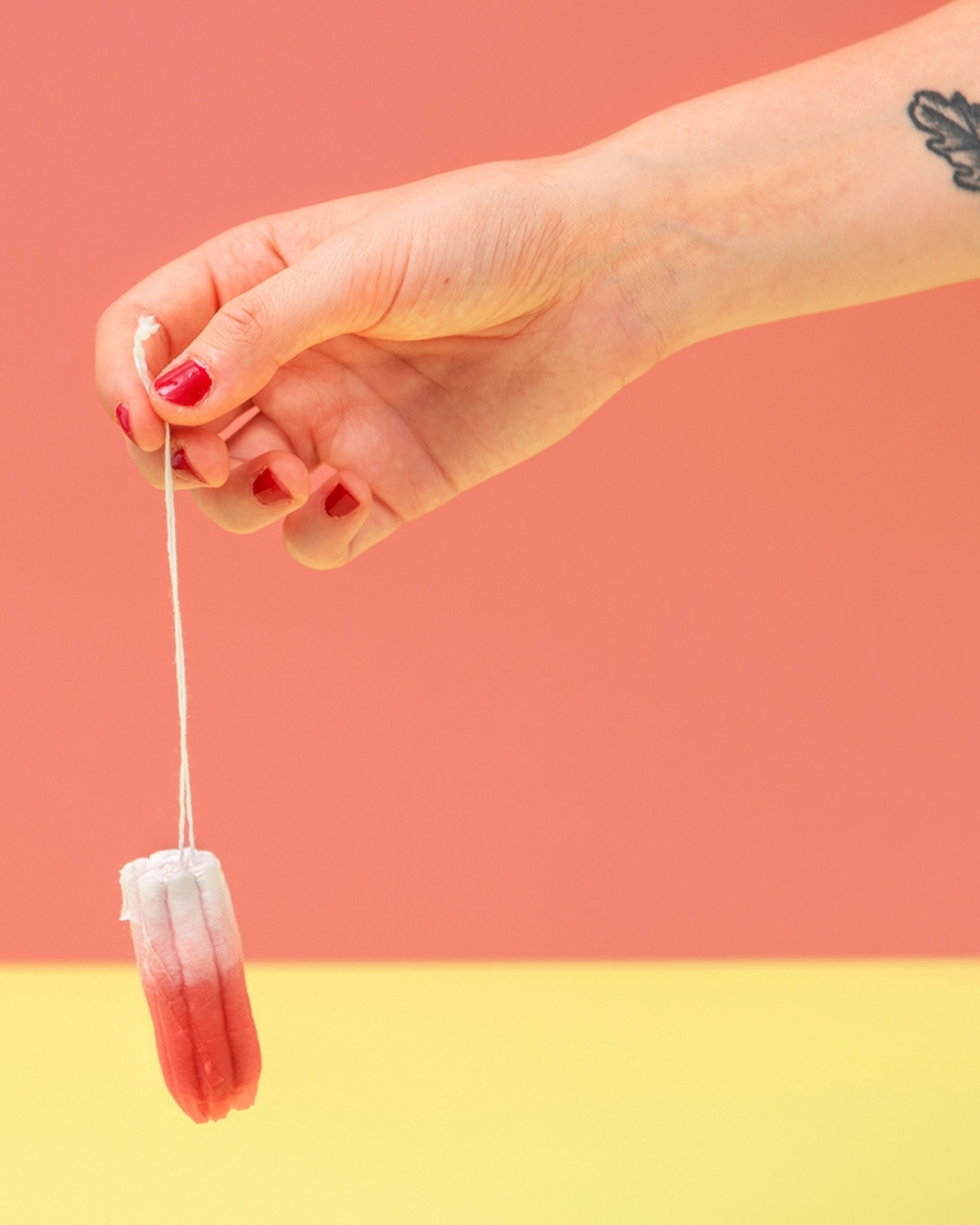
We need a comprehensive,
positive and inclusive education
on different school levels.
We can’t leave to the new
generations the responsibility
to self-educate through alternative
channels.
The interview with Giulia is over! We believe her words are a great source of information and support. We’re really happy we had the opportunity to chat with her about these topics, and to share this interview with you.
Our project wants to take down taboos and stigma. We deeply related to her words, especially when she mentioned that a very important thing we can do is take on an active role: communication is key to achieve our goal.
If you found this article interesting (and we strongly believe it is), don’t hesitate to share it with whomever you think needs to read it!
